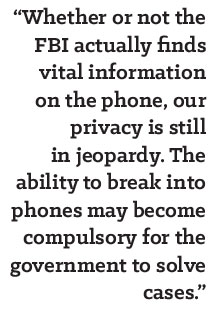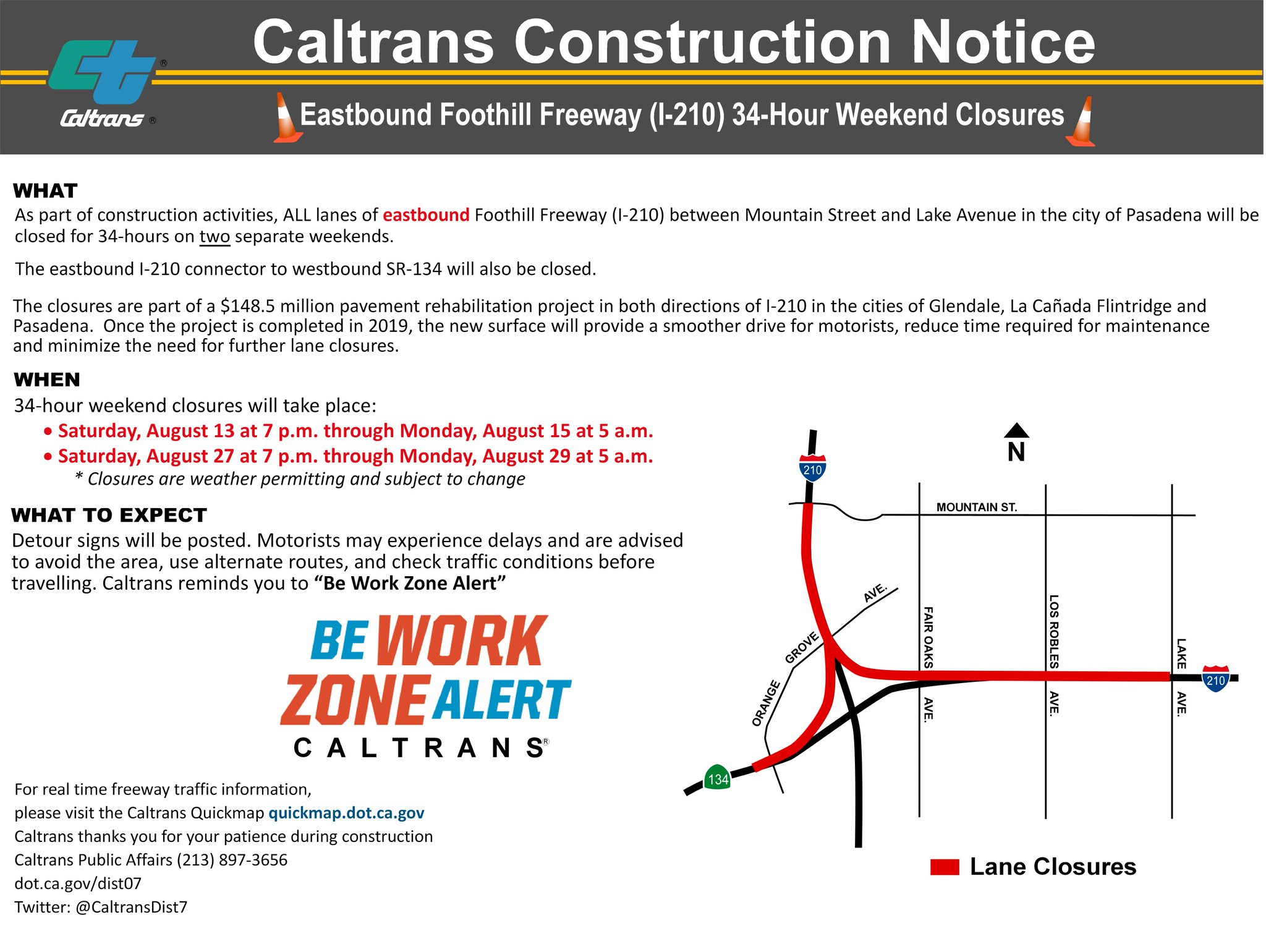Opinion: Apple fights for human rights
Though Apple’s iOS is supposed to have top notch security, the FBI was able to hack the iPhone of one of the San Bernardino shooters, with the help of an unnamed outside source.
The third party is rumored to be Israeli company Cellebrite, who manufactures data extraction devices.
Initially, the FBI asked for Apple’s help. Now, Apple is asking the FBI to reveal how its hacker cracked the code. The FBI has not issued an official statement as to what they will do.
Unlocking the iPhone creates more problems than it solves. 
As many iPhone owners have feared, the FBI has already agreed to help Arkansas prosecutors by unlocking an iPhone and iPod that may hold evidence in a murder trial, though it is not known whether it will be using the same outside source.
Although the “key” to unlock the phone was created for the iPhone 5c, it works for more recent models, such as the iPhone 6 in the Arkansas case. Fortunately, during cross-examination the FBI might have to reveal how the iPhone was unlocked.
If the government decides to withhold the method they used to unlock the phone, then even the safety of non-iPhone users is at risk. Android users are at even greater risk if even the security of luxury brand Apple, can be compromised.
Edward Snowden, the former U.S. government contractor who leaked multiple global surveillance programs from the National Security Agency tweeted, “The @FBI is creating a world where citizens rely on #Apple to defend their rights, rather than the other way around.”
Initially, the FBI seemed to be asking for Apple’s help to establish a give-and-take relationship.
“Once that master key is created, we’re certain that our government will ask for it again and again, for other phones, and turn this power against any software or device that has the audacity to offer strong security,” said Kurt Opsahl of the Electronic Frontier Foundation.
But the FBI has no need to ask for the key again since they already have the knowledge of how to hack into iPhones.
The iPhone is one of the most popular phones in the world, validating Apple’s concerns for their customers’ privacy.
“We build secure products to keep your information safe and we give law enforcement access to data based on valid legal orders. But that’s wholly different than requiring companies to enable hacking of customer devices and data,” said Sundar Pichai, CEO of Google.
The FBI’s method of entry creates a backdoor for anyone, not just police officers.
The iPhone was unlocked because it might provide information that relates to ISIS, but this creates a backdoor for terrorists to access the information of U.S. citizens. Hacking into the phone is a double edged sword.
Though unlocking the iPhone may make law enforcement’s job easier, it puts everyone at risk, including the government.
Snowden has already revealed that the government is accessing the private information of citizens without their knowledge. Now that the FBI has the key to unlocking iPhones, there is nothing stopping them from looking even deeper into phone data.

Photo Illustration by: Evan Solano/Logos
They could look and nobody would know, which is why Apple should be praised for standing up to the FBI and fighting for the privacy of their customers.
“Forget the technology. If the FBI successfully forces Apple to create a new OS just to brute-force hack its own product, it’s the first step through a very dark one-way door — for all of us,” said Lance Ulanoff of Mashable.
If the FBI decides to tell Apple how they managed to unlock the phone, then Apple can find the flaw in its security system and patch it.
The FBI is not going to want Apple to patch it because with the ability to unlock iPhones, they can solve criminal cases that were not possible to solve before. iPhones have served as a roadblock numerous times.
Whether or not the FBI actually finds vital information on the phone, our privacy is still in jeopardy. The ability to break into phones may become compulsory for the government to solve cases.
The case has further divided Washington from Silicon Valley. Dividing the government from the technology industry puts the country at risk, not only for security reasons, but economic reasons as well.
We should be wondering when our phone data is not being exposed, not still wondering if we have digital security.



